Keeping a dog happy and healthy takes more than just food and shelter—it’s about understanding their needs and making sure they feel loved and cared for every day. Dogs thrive on routine, attention, and the right kind of exercise, but each pup is unique, so finding the right balance can make all the difference.
Taking small, thoughtful steps can improve your dog’s well-being in meaningful ways, from mental stimulation to physical health. It’s about tuning in to what your dog needs and making those moments count, helping them live their best life by your side.
Regular Exercise
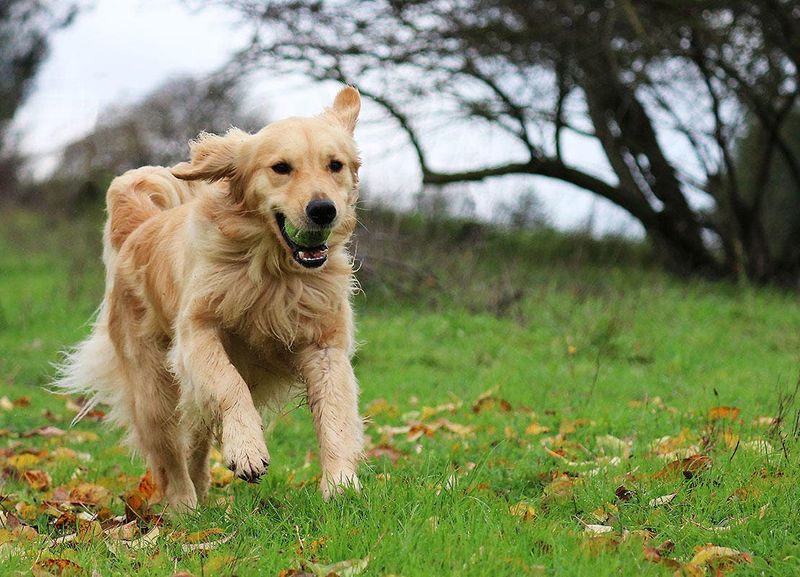
Exercise is vital for your dog’s physical and mental health. Regular walks, playtime, and activities like fetch can keep your dog fit and prevent obesity. Divide the exercise into at least two sessions per day to match their energy levels. Physical activity also stimulates their brain, keeping boredom at bay. Engage them with varied exercises to cater to their breed and age. Whether it’s a brisk walk or a game of catch, the joy in their eyes is undeniable. This consistent routine forms the foundation of a healthy lifestyle.
Pet-Friendly Music Sessions

Music isn’t just for humans; dogs enjoy it too! Have you ever noticed how your dog reacts to different tunes? Introducing a pet-friendly playlist can create a soothing environment.
Experts believe classical music can calm anxious dogs, while upbeat songs might boost their energy. Just imagine your dog’s tail wagging to the rhythm of a cheerful tune!
Consider designating specific times for music sessions, allowing your furry friend to associate music with relaxation or play. It’s a simple yet effective way to enhance their emotional well-being.
Balanced Diet

Feeding your dog a balanced diet ensures they receive essential nutrients for growth and energy. Include proteins, fats, carbohydrates, vitamins, and minerals in their meals. Consult your veterinarian to tailor the diet to your dog’s specific needs, considering their age, size, and activity level. Avoid overfeeding and stick to measured portions to prevent weight gain. Providing fresh, clean water at all times is also crucial. A nutritious diet supports their immune system, skin, and coat health, contributing to a happy, active life.
Aromatherapy Adventures

With noses as sensitive as a dog’s, scent can greatly influence their mood. Utilizing aromatherapy offers unique benefits for our canine companions. Lavender and chamomile, for instance, are known for their calming properties.
Creating an environment filled with these scents can provide comfort to anxious pets. Picture a serene garden where your dog leisurely explores, entranced by the gentle fragrances.
Ensure that essential oils are used safely and never ingested. Aromatherapy can transform your pet’s environment, providing a sensory experience that nurtures peace and happiness.
Regular Vet Visits
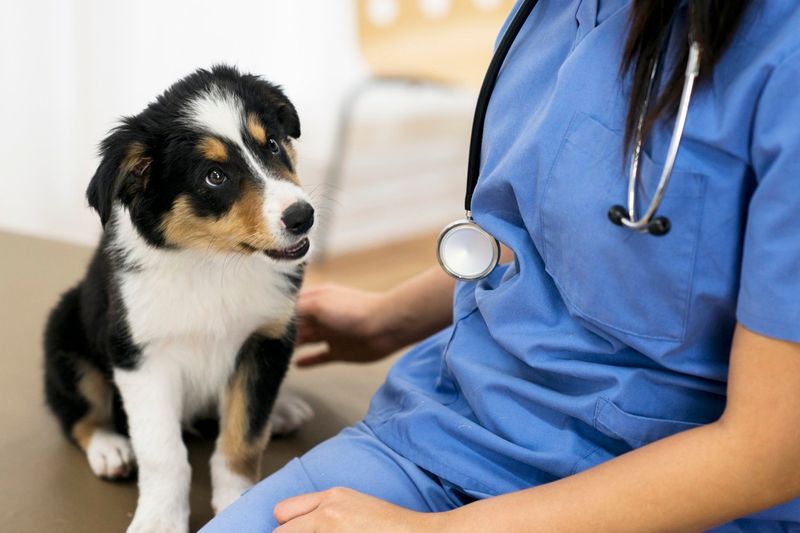
Routine vet visits are essential for maintaining your dog’s health. These check-ups allow for early detection of potential health issues, ensuring timely treatment. Schedule at least one annual visit, more if your dog is older or has existing conditions. Vaccinations, dental check-ups, and parasite control are typically part of these visits. Building a good relationship with your vet can make these experiences pleasant for your dog. Regular health assessments are a proactive approach to ensuring your dog’s longevity and quality of life.
Interactive Food Dispensing Toys
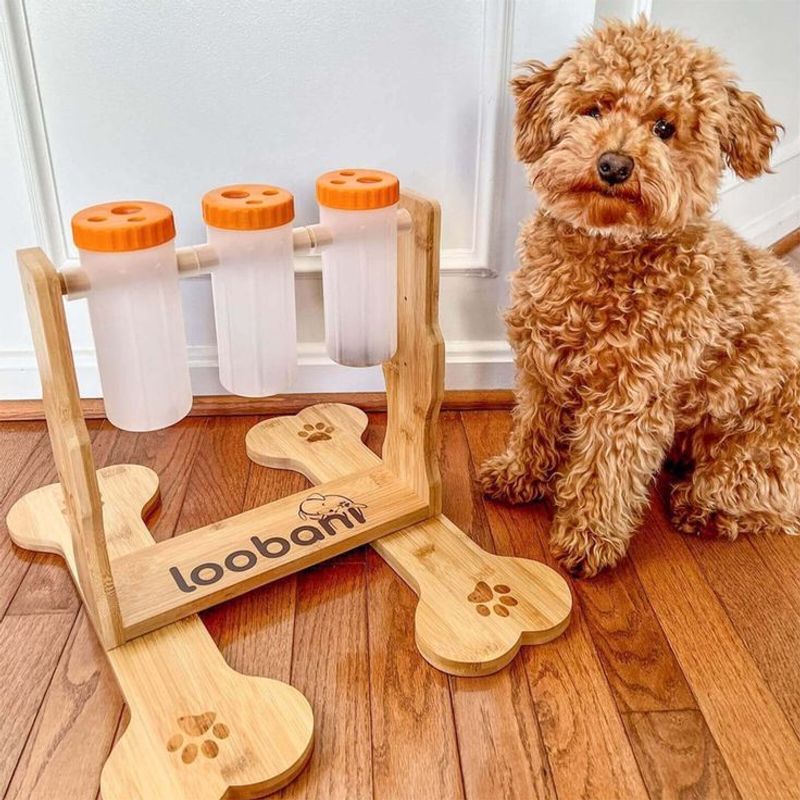
Interactive toys aren’t just entertaining; they challenge your dog’s problem-solving skills. Food-dispensing toys, in particular, can turn mealtime into an engaging activity.
Imagine a playful Labrador figuring out how to release treats from a colorful contraption, its tail wagging with excitement. These toys encourage natural foraging instincts, keeping both mind and body active.
Such activities are particularly beneficial for dogs prone to boredom. They stimulate the senses, ensuring your pet’s day is filled with fun and discovery. Incorporating these toys promotes mental agility and joy.
Grooming
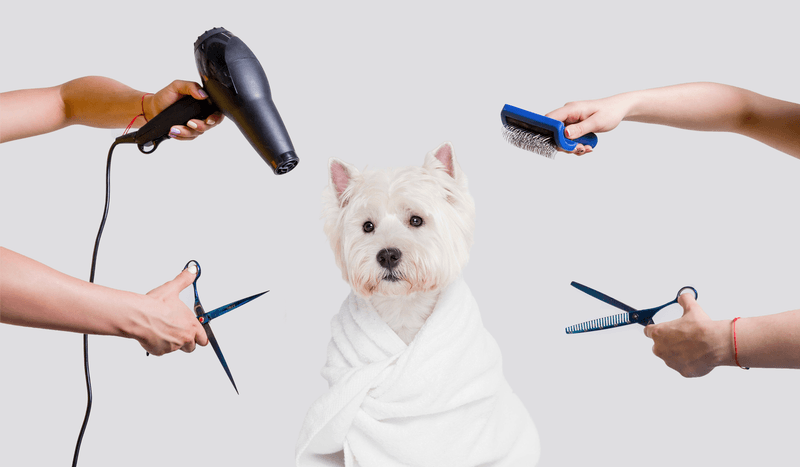
Grooming is more than just keeping your dog looking good; it’s a crucial part of their health. Regular brushing prevents matting, reduces shedding, and helps maintain a healthy coat. Bathing keeps their skin clean and free of irritants. Don’t overlook nail trimming and ear cleaning, as these contribute to overall wellbeing. Make grooming sessions enjoyable by associating them with treats and praise. This routine not only enhances their appearance but also strengthens your bond with them. A well-groomed dog is a healthy, happy dog.
Mental Stimulation
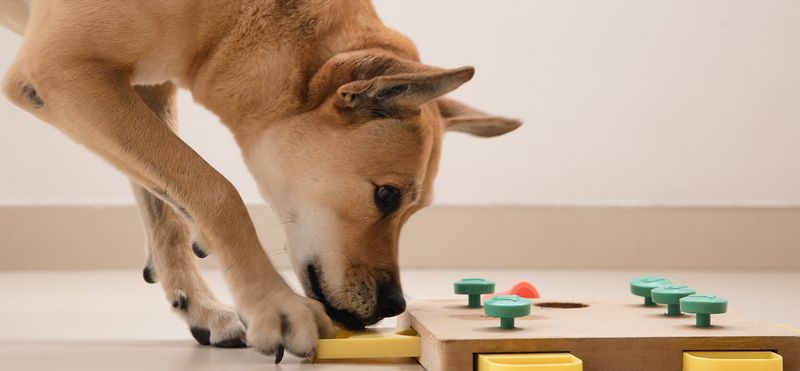
Providing mental stimulation is just as important as physical exercise. Engage your dog with puzzle toys, training sessions, and interactive games to keep their mind sharp. Activities like scent work or agility training offer challenges and rewards, satisfying their natural instincts. Rotating toys and introducing new challenges can prevent boredom. This not only keeps them entertained but also reduces anxiety and destructive behavior. A mentally stimulated dog is happier and more content. Their enhanced problem-solving skills and focus are a testament to their mental wellbeing.
Socialization

Socialization allows your dog to adapt to various environments, people, and animals. Introduce them to different experiences early on, ensuring they grow into well-behaved and confident adults. Regular playdates, visits to the dog park, or enrolling them in classes can enhance their social skills. This process reduces fear and aggression while promoting trust and companionship. A well-socialized dog is confident and enjoys interactions without stress or anxiety. By fostering these connections, you contribute to their emotional and psychological wellbeing.
Proper Training
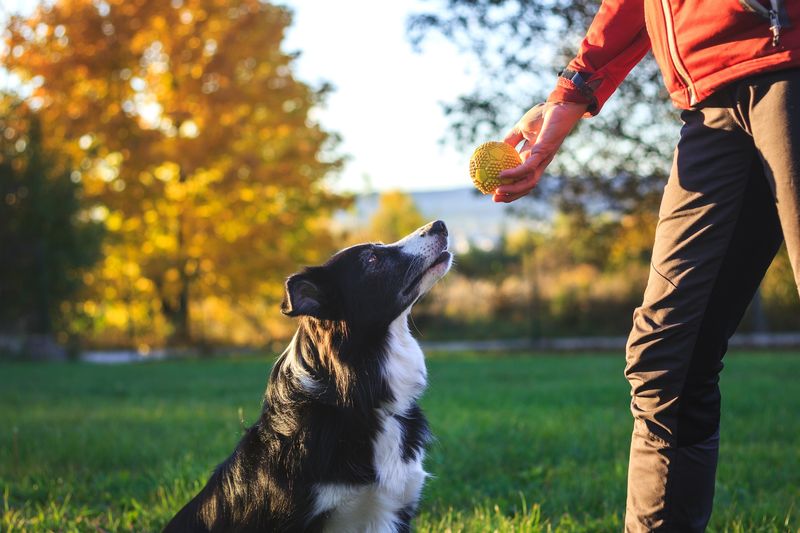
Training is foundational for a well-behaved dog. Start with basic commands like sit, stay, and come, using positive reinforcement techniques. Consistent training builds trust and strengthens your relationship. Tailor the training to suit your dog’s breed, age, and temperament. Enroll in professional classes if needed, as expert guidance can enhance learning. Proper training ensures safety and makes daily interactions pleasant and stress-free. This structured approach fosters obedience and confidence, creating a harmonious living environment.
Dental Care
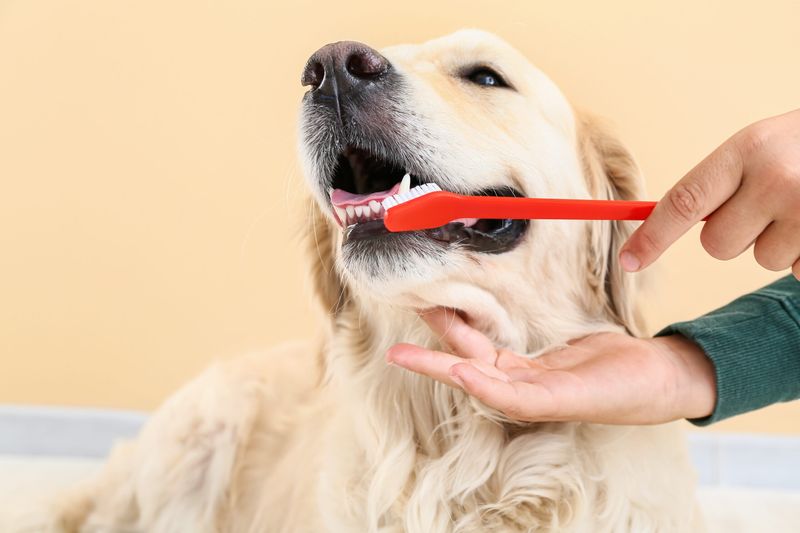
Dental care is often overlooked but vital for your dog’s health. Regular brushing prevents plaque build-up and reduces the risk of dental diseases. Incorporate dental chews and toys into their routine to support oral hygiene. Schedule professional cleanings if necessary, especially for older dogs or those with dental issues. Healthy teeth contribute to overall wellbeing, preventing pain and infections. Proper dental care enhances their quality of life, allowing them to enjoy their meals and play without discomfort.
Safe Environment

Creating a safe environment is crucial for your dog’s wellbeing. Ensure your home and yard are free from hazards like toxic plants, sharp objects, or unsecured trash. Provide a comfortable space with a soft bed and toys for rest and relaxation. Gates or barriers can prevent access to dangerous areas. Regularly inspect and maintain the environment, adjusting as necessary for your dog’s age and activity level. A safe, nurturing environment fosters security and happiness, allowing your dog to thrive.
Hydration
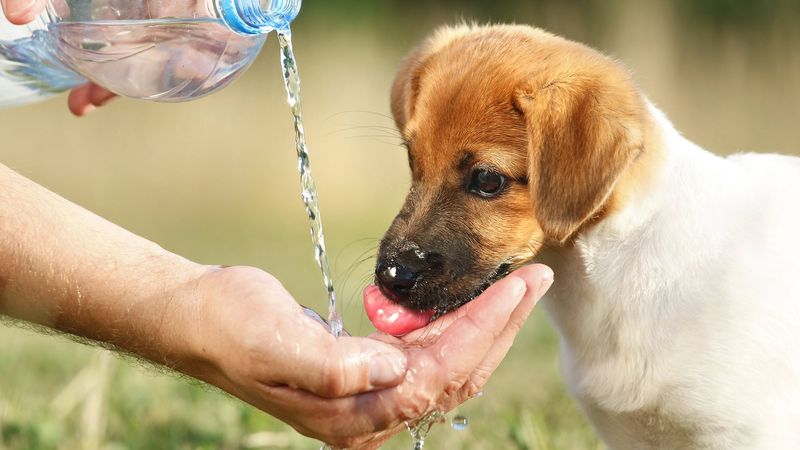
Hydration is essential for maintaining your dog’s health. Always provide access to fresh, clean water, especially during hot weather or after exercise. Monitor their water intake, as changes can indicate health issues. Use spill-proof bowls to ensure a steady supply, even for enthusiastic drinkers. Encourage them to drink regularly by placing multiple bowls around your home. Proper hydration supports digestion, circulation, and temperature regulation, all vital for an active, healthy life. Keeping your dog well-hydrated is a simple yet significant way to show care.
Comfortable Shelter

Providing a comfortable shelter is key to your dog’s happiness. Ensure they have a dedicated space that’s warm in winter and cool in summer. A soft bed with blankets makes for a cozy resting spot. Consider their size and breed while choosing bedding, as different dogs have different needs. Add toys and familiar scents to make it inviting. This personal space offers security and comfort, allowing them to retreat and relax when needed. A well-rested dog is a happy, healthy companion.
Regular Playtime
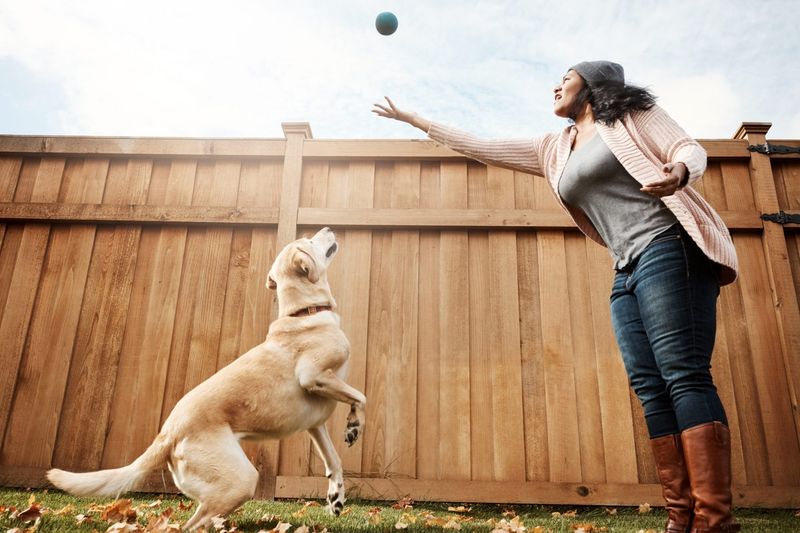
Playtime is more than just fun; it’s essential for your dog’s health. Engaging in activities like fetch, tug-of-war, or chase stimulates both body and mind. Tailor the play to your dog’s preferences and abilities. Incorporate interactive toys to challenge them and prevent boredom. Regular play boosts their mood, alleviates stress, and reinforces your bond. It’s an opportunity for exercise, training, and socialization, all wrapped in joy. The laughter and wagging tails are a testament to the happiness playtime brings to your furry friend.
Healthy Treats

Healthy treats are a great way to reward your dog while maintaining their diet. Opt for natural, low-calorie options made from whole ingredients. Avoid artificial additives that can harm their health. Use treats as part of training or simply to show love, but keep portions in check to prevent weight gain. Homemade treats can offer nutritional benefits and personalized flavors. Incorporate them into their daily routine for a balanced approach to snacking. Healthy treats are both a delight and a testament to caring for your dog’s well-being.
Safe Travels
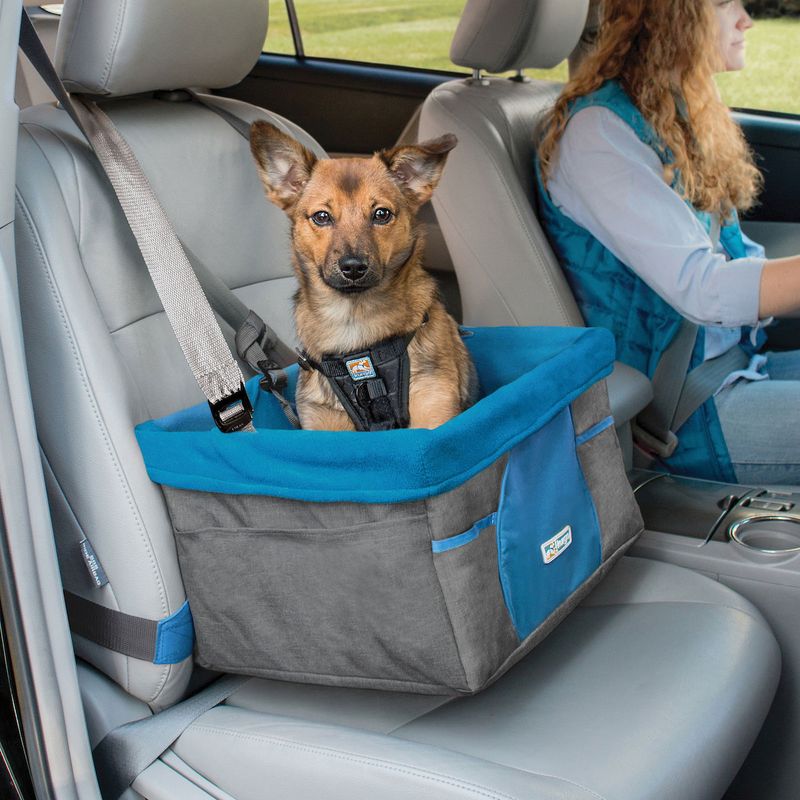
Traveling with your dog can be enjoyable and safe with the right precautions. Use a secure harness or carrier to keep them safe during car rides. Ensure they are comfortable and have access to water and breaks on long journeys. Familiarize them with travel gradually to reduce anxiety. Whether it’s a trip to the vet or a family vacation, planning ensures a stress-free experience for both you and your dog. Safe travels enrich their life with new experiences while ensuring their safety and comfort.
Routine Health Checks
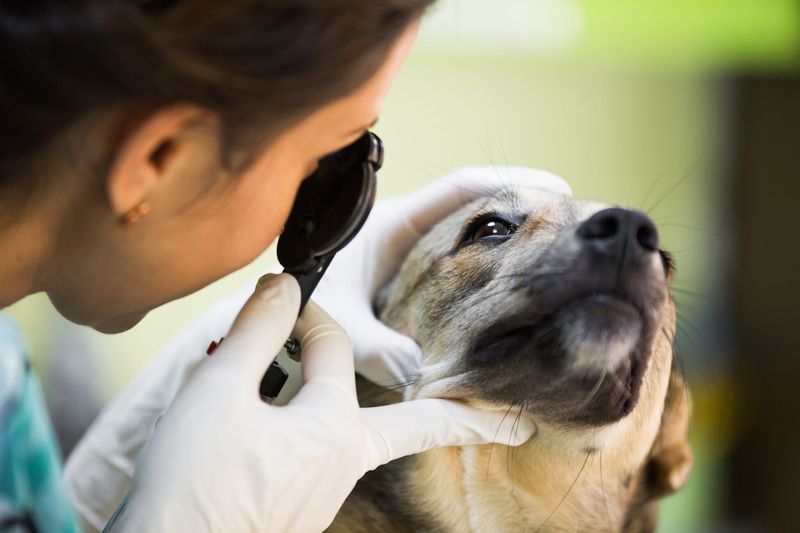
Routine health checks at home complement regular vet visits. Examine your dog for any signs of illness or discomfort, such as changes in appetite, behavior, or coat condition. Check their eyes, ears, and paws regularly to catch any issues early. These checks help you understand their normal state, making it easier to notice changes. Early detection can prevent minor issues from becoming major health problems. Regular attention to their health strengthens your bond and shows your commitment to their wellbeing.
Consistent Routine

Dogs thrive on consistency, and a regular routine provides stability. Establish set times for meals, walks, and play to create a sense of security. Consistency helps manage expectations and reduces anxiety, especially in uncertain situations. Tailor the routine to fit your dog’s needs, adjusting as they age or circumstances change. A predictable environment fosters trust and understanding, enhancing their happiness and well-being. The joy and calmness in their demeanor reflect the comfort a consistent routine brings.
Love and Attention

Love and attention are fundamental to your dog’s happiness. Spend quality time with them, whether it’s through play, cuddles, or simply being present. Recognize and respond to their emotional needs, as dogs thrive on companionship. Acknowledge their achievements and comfort them in times of distress. Building a strong emotional connection fosters trust and loyalty, enriching their life. The wagging tails and joyful barks are expressions of the love and attention they receive. A loved dog is a happy, fulfilled companion.
Avoid Stressful Situations

Minimizing stress is essential for your dog’s mental health. Identify triggers that cause anxiety, such as loud noises or unfamiliar environments, and create coping strategies. Provide a safe space where they can retreat when feeling overwhelmed. Gradually expose them to new experiences to build resilience. Reducing stress improves their overall quality of life and prevents behavioral issues. By understanding their stressors, you can create a calm, nurturing environment. The peace and contentment in their demeanor are rewards of a stress-free life.
Monitor Weight
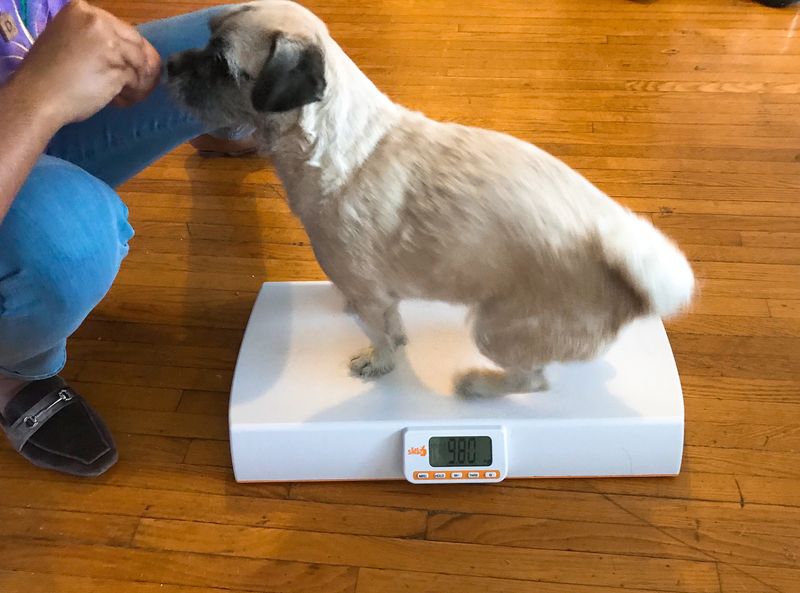
Monitoring your dog’s weight is crucial for their health. Maintain a healthy weight through balanced nutrition and regular exercise. Weigh them regularly to track changes and adjust their diet or activity levels accordingly. Consult your vet for guidance if weight issues arise. Overweight dogs are at risk of various health problems, including joint issues and heart disease. Keeping their weight in check ensures a longer, healthier life. The vitality and energy in their steps reflect the benefits of a well-managed weight.

